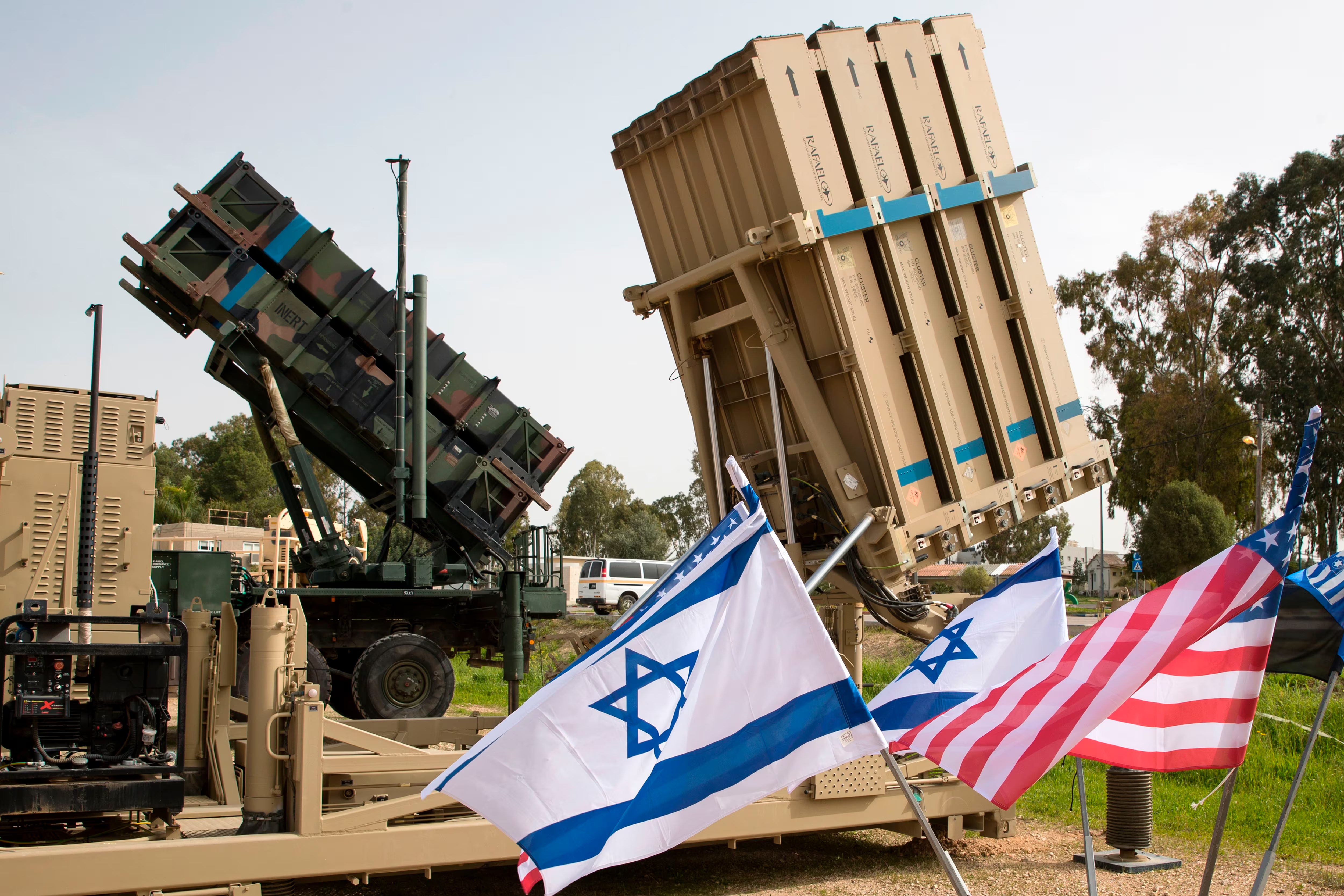JERUSALEM — A realignment of U.S. Central Command means Israel now falls within its area of responsibility, and no longer U.S. European Command. The move comes as Israel and its neighbors work to improve diplomatic relations under the Abraham Accords.
Israel Defense Forces Chief of Staff Lt. Gen. Aviv Kochavi met with the head of U.S. Central Command, Gen. Kenneth McKenzie on Sept. 1 to discuss regional challenges, an IDF statement said.
“The Chief of the General Staff expressed his appreciation for U.S. commitment to the security of the State of Israel. The Generals expressed their expectation of deepening cooperation between the IDF and CENTCOM,” the statement read.
RELATED

The CENTCOM change also follows several joint exercises between Israeli F-35 squadrons and American F-35s flying from Al Dhafra Air Base in the United Arab Emirates. These drills, dubbed Enduring Lightning, took place in 2020 and came as Israel finalized the Abraham Accords with the UAE and Bahrain that same year.
And last month, Israeli and U.S. forces held joint naval drills as part of the exercise Noble Waters, with the IDF calling it “the beginning of joint efforts between the Israeli Navy and the U.S. Fifth Fleet, as part of the transitioning of IDF matters to the U.S. Central Command.”
However, CENTCOM could always carry out drills with Israel regardless of whether the country was part of its area of operations and regardless of the location of American warplanes.
Realignment was supported by retired Israeli Brig. Gen. Assaf Orion and retired U.S. Navy Rear Adm. Mark Montgomery, who wrote in a paper for the Washington Institute for Near East Policy in January that despite deep regional cooperation between the two countries, “it became increasingly clear that the threats in question were a mismatch with the existing organizational boundaries.”
“EUCOM was assisting in Israel’s defense, the incoming threats were from CENTCOM’s area — between Iran, Lebanon, and Yemen,” they wrote.
The Jewish Institute for National Security of America also advocated for the move in November, noting that “the recent Abraham Accords between Israel and the United Arab Emirates and Bahrain both reflect and augur a growing strategic alignment between Israel and key American partners in the Middle East, driven primarily by the worsening Iranian nuclear and regional threats. The next crucial step is for the United States to relocate Israel to the area of responsibility (AOR) for American forces in the Middle East, known as U.S. Central Command (CENTCOM).”
The Pentagon officially announced the move on Jan. 15, noting that when CENTCOM was set up in 1983, many Mideast countries didn’t recognize Israel. Conflicts, such as the 1991 Gulf War, were made more complex by then-Iraqi leader Saddam Hussein’s targeting of Israel with missiles as well as the chance that Israel might intervene.
The IDF has focused on several new exercises with the U.S. and other allies in the last year, and on expanding existing joint drills such as Blue Flag and Noble Dina to include more countries. This included the Falcon Strike exercise in Italy and the Juniper Falcon 21 drill in February, which fell under EUCOM’s area of responsibility.
There was also one-day Tri-Lightning exercise in June with Israeli, British and American F-35s. It involved active and passive air defense operations, according to the U.S. Air Force. And in July, Israel hosted its first Blue Guardian joint UAV drill with five other countries, including the U.S.
Seth J. Frantzman is the Israel correspondent for Defense News. He has covered conflict in the Mideast since 2010 for different publications. He has experience covering the international coalition against the Islamic State group in Iraq and Syria, and he is a co-founder and executive director of the Middle East Center for Reporting and Analysis.






